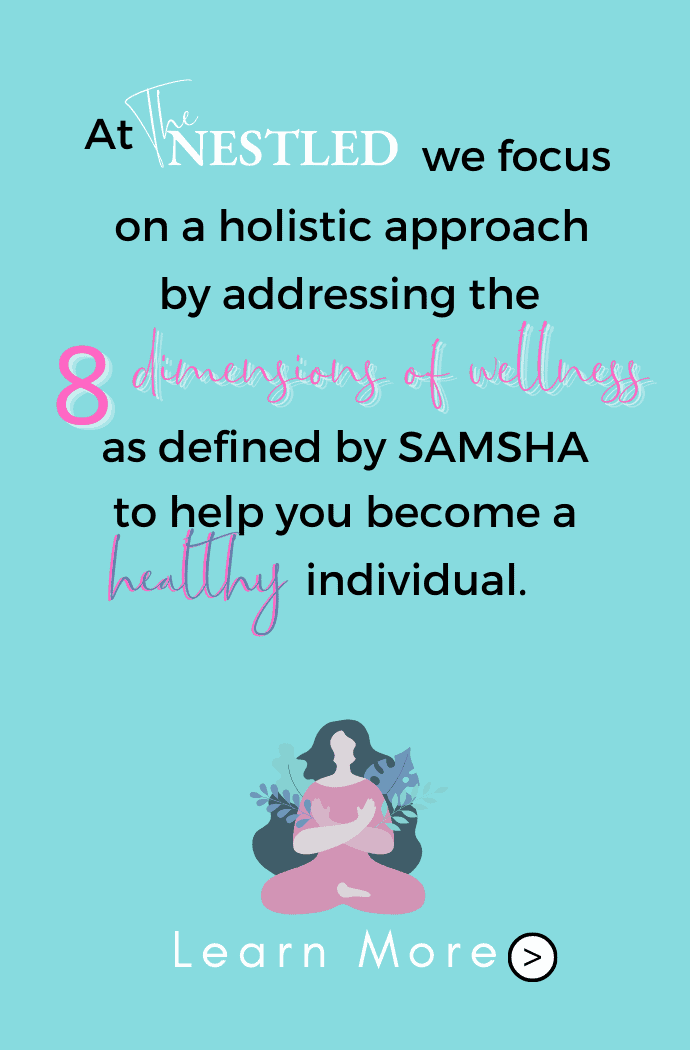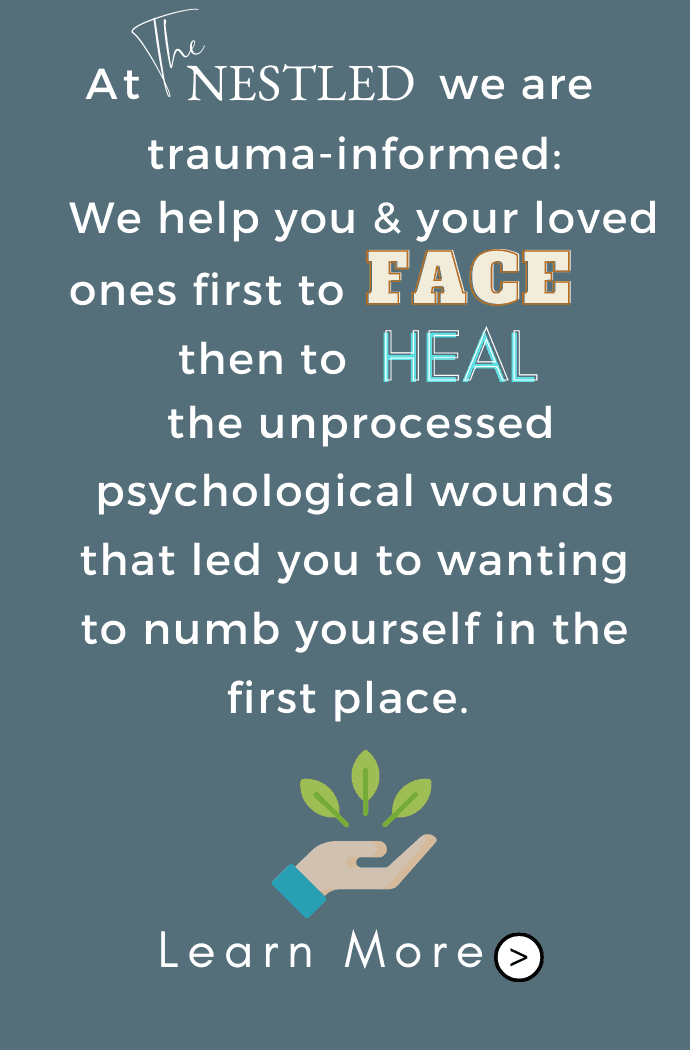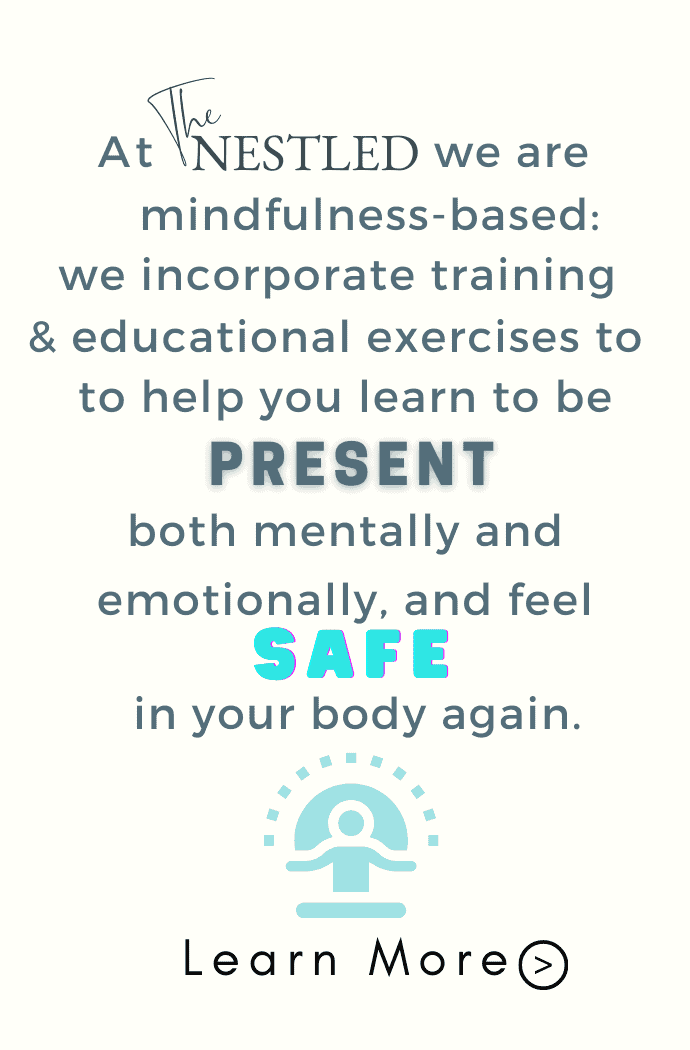Seeking professional help for your drug or alcohol addiction drastically increases your chances of recovering and avoiding a relapse down the road. However, these chances are reduced if you also have an underlying mental disorder that hasn’t been treated. Addiction and mental disorders are closely related, and there has been much research done to show that the two can exacerbate the symptoms of one another, which is why they must both be treated at the same time. This Mental Health Awareness Month, our team is raising awareness of the connections between addiction and mental health.
Mental illness and substance abuse often go hand-in-hand—according to the Journal of the American Medical Association, roughly 50 percent of all individuals with mental disorders are also affected by substance abuse.
Some other statistics that illustrate the relationship between mental and substance use disorders include:
- 37 percent of alcohol abusers and 53 percent of drug abusers have also had at least one serious mental illness
- Of three million Americans surveyed for having a dual diagnosis, only 1.2 million have received treatment, and only 150,000 received treatment for both disorders
What Comes First?
It’s important to know that one disorder doesn’t necessarily always directly cause the other. Alcohol, for example, can make existing depression or anxiety symptoms much worse. However, one disorder can greatly increase your chances of developing the other.
Alcohol and drugs are abused to self-medicate the symptoms of mental health problems
People with mental disorders like depression, PTSD, anxiety, and bipolar disorder often self-medicate by abusing alcohol and drugs, which can lead to drug dependence and then addiction. Many people abuse drugs to cope with difficult or traumatic experiences, handle or suppress emotions, or simply alter their mood.
Addiction can increase your risk of developing mental disorders and make existing problems worse
You may already be at risk of developing a mental health issue after experiencing trauma in your life or because your family has a history of mental illness. Alcohol and drugs, however, may be what pushes you over the edge. It’s well known that alcohol and certain drugs are depressants that can make you depressed with long-term use, and other drugs can increase your risk of anxiety and paranoia. If you’re already dealing with mental health issues, addiction will only magnify them.
How to Determine If You Have a Dual Diagnosis
It’s crucial to know whether you have a mental health issue in addition to your substance use disorder so you can get the help you need for both problems. Though it can be challenging to identify a dual diagnosis, there are some general warning signs to look out for.
Signs that you may have a dual diagnosis include:
- Your family has a history of either mental illness or alcoholism and drug addiction
- You feel depressed, anxious, or moody even when you’re sober
- You’ve previously been treated for a mental health problem or addiction, and the treatment failed
- You use alcohol or drugs to cope with unpleasant feelings or memories
Call Us for Trauma-Informed Treatment
The Nestled Recovery Center understands the importance of treating mental disorders and addiction simultaneously, which is why we have a special dual diagnosis treatment program for our valued patients. At our facility, our treatment is trauma-informed. If your addiction developed as a coping mechanism, our therapies and services can help you get to the root of your trauma and process it in a healthy and cathartic way. We can also help you to develop healthier coping mechanisms so you can adjust to life without relying on alcohol or drugs to get you through the day. Get the personalized attention you need and call our office to learn more.
Call The Nestled Recovery Center today at (702) 299-6406, or fill out our online form to learn more about the therapies we use in our dual diagnosis program.








